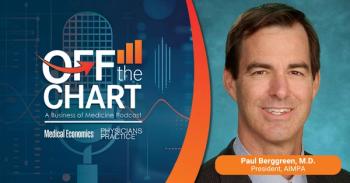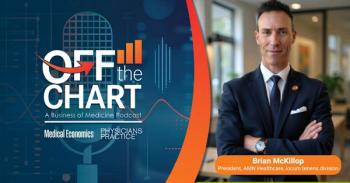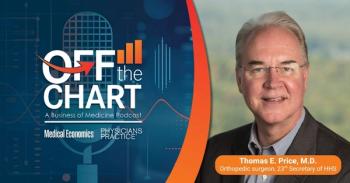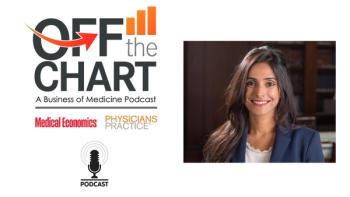
Physicians: From Professionals to Providers
Physicians are now perceived as identical to businessmen … [and] as our authority has waned our responsibility has become greater.
Prior to 1972 there were four classes of individuals rendering services to our society and were deemed professionals; they were given authority and respect not afforded to the other non-professional providers. These were the clergy, higher educators, lawyers, and last but certainly not least us: physicians. We were given immense responsibility.
With this came the usual accolades accorded responsibility since our services were perceived as noble and compassionate and we were deified and revered. Yet, the accolades came with a price. Focus on profit, advertising, overt competition, and participation in marketplace issues were shunned and eschewed. Our exalted position prevented us from becoming entrepreneurs. However, our position and implied sacrifice brought an appropriate yet large amount of authority and influence on society itself. For the clergy it was the counseling and molding of society’s spiritual path. For higher educators, it was the molding of our future citizens; our children. For lawyers, it was the defense of our society’s laws and protection of our citizens’ legal rights. For physicians, it wasthe preservation of life and alleviation of our suffering; we were seldom questioned.
Physicians had virtual carte blanche, for we were a guild that knew the function of the human body. We were trusted with the lives of our patients; a trust that gave us great power and great responsibility. Our relationship with our patients was a covenant not a contract. Society trusted our will, motive, and actions. As long as our intentions were noble and good whether the consequences of our actions were positive or negative, society understood. There was at least a semblance of a balance of authority and responsibility. We policed ourselves and we were fairly adept at it. Physicians who breached the covenant by omission, lack of knowledge, negligence or weakness of character were suppressed by the guild for it was our responsibility and part of our authority. We enjoyed our position and took our profession very seriously. Becoming a physician was an honorable path strewn with a hardship and sacrifice we readily accepted.
In 1972, the Federal Trade Commission decreed the four professions to be one with any other businesses. In one stroke we became entrepreneurs like the rest of the providers in society. Now we were able to compete, maximize profits, and yes, even advertise. With one sweep of the government’s hand we were given the same responsibility and authority as the widget makers or the waiters who took their orders from their customers.
Slowly we lost authority, but did we lose or gain responsibility? Our commands and orders became suggestions, like the waiter’s. Our advice was subject to scrutiny by patients, family members, and particularly the government. Our opinions were questioned not on their merits but just because we were now businessmen and somehow perceived as self serving and discompassionate. However, the transformation had been coming insidiously. Society was changing and the government merely acceded to its judgment.
Physicians are now perceived as identical to businessmen, the same as the widget maker. However, as our authority has waned our responsibility has become greater. Greater technology, more knowledge to be assimilated, an aging and sicker population, not to mention emerging, new diseases, contributed to the increase in our responsibility. Absolute authority without responsibility is dictatorship. Absolute responsibility without authority is slavery. The range is vast, yet we have moved toward the slavery end, I believe, with authority dwindling.
Over the 20 years of my practice, I have seen my relationship with patients change from that of a benevolent authoritarian to now partner in care. Although our partnership is appropriate, I fear the deterioration to the next stage: the disinterested provider or the commercial model of the doctor-patient relationship, where you can get what you pay for. Although a partner has less authority, less autonomy, and certainly the same or perhaps more responsibility, that model is still within the realm of our original Hippocratic paradigm. What we have today is the classic business model: service provided / service paid for. Some of us resist it, and we pay for it by more hours for less compensation.
But, our virtue is not defined by how much service we provide, but how we provide the service. Our patients know this. My other fear is that the new physicians bred in the modern way will have no concept of the old guild, or worse, have contempt for it. I fear the day when patients are viewed as encounters and perceived as potential plaintiffs. Perhaps that day is already upon us.
Hector C. Ramos is a hepatobiliary surgeon, practicing in Los Angeles.
Newsletter
Optimize your practice with the Physicians Practice newsletter, offering management pearls, leadership tips, and business strategies tailored for practice administrators and physicians of any specialty.






